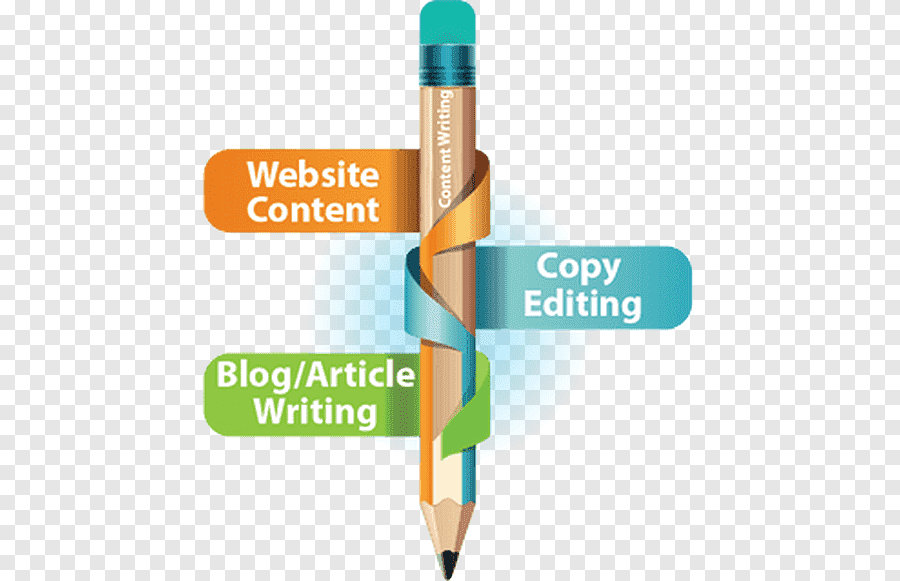Article Marketing How To Write Great Articles
Article marketing, a pioneering concept in the web-based industries, is currently the subject of much discussion. It is one type of Internet advertising that has proven to be both instructive and effective because Internet users are given useful information on their related searches through short but helpful articles with an accompanying link to the author's site at the bottom part of the article, which is one of the most effective types of Internet advertising. A new marketing channel has opened up for website owners, allowing them to put their content in a variety of directories in exchange for potential views and improved website traffic.
So, what is the best way to go about writing such articles? Article writing was originally limited to mass print media such as magazines, newspapers, and other publications. The articles created for these publications are typically extensive and detailed, and the readers' attention spans are often shorter as a result of these characteristics. Newspapers and magazines compensate their writers for writing such lengthy articles because their readership is dependent on the breadth of the topics covered and the currentness of the concerns addressed. However, the articles used in Internet article marketing should not be in direct competition with the pieces published for print publications. When it comes to research material, the internet is a never-ending resource, and if readers do not find what they are looking for immediately by reading the articles published in directories, they can turn to other sources because the options are limitless. As a result, articles must be written in such a way that they capture the attention of Internet users to the greatest extent possible.
The best articles are those that are 600-800 words in length. In this manner, all of the vital components of a subject matter are closely integrated into the article, reducing the chance of boring the readers with unimportant details. Consider an essay with an excessive amount of introduction, an incomprehensible body, and a dangling conclusion: no one would want to go to the trouble of analyzing what was written since people want straight up information, not analysis. They want to be able to read and comprehend each sentence, and ideally, they want to be better informed about the subject matter at hand.
In an article about the benefits of water therapy, for example, it would be appropriate to include information about how water drinking can aid in the elimination of toxins that have been accumulated as the result of poor eating habits. Furthermore, by mentioning specific studies that have dealt with the use of natural treatments in conjunction with the use of traditional commercial medicine, this might be explained even further. Natural therapies have the advantage of having fewer side effects and putting less strain on the liver, which is responsible for flushing out unwanted toxins from overeating, unnatural diets, and, of course, modern pills and medicines. Natural therapies also have the advantage of being less expensive than conventional therapies.
It is also necessary for the article to be persuasive. The information is persuading, but not in the apparent way of trying to sell anything; it is credible in the sense that it is based on facts rather than simple views. Because there are a large number of surveys available on the Internet that provide unambiguous facts, statistical studies that can be confirmed are useful tools in the delivery of persuasive information. A convincing essay might also wish to consider using quotes from well-known experts on the subject matter in the body of the piece. This raises the trustworthiness of the written piece as well as the general interest in it significantly. Anyone who reads material that has been verified by an expert and can be linked back to historical truths will most likely begin to adopt certain positive beliefs about the subject matter.
Then there's the question of who you're trying to reach. And in this scenario, because the articles can be viewed by a large number of people, the term "target audience" would be more appropriate. The things that are written in the articles, of course, are not interesting to everyone. There would be people who couldn't give a damn what the issues were about, simply because not every topic can generate a positive response from everyone at the same time. The reason why firms must target a certain market niche is that some demographics will deviate from what is currently popular in society. Some of the demographics to take into consideration are age, gender, cultural variations, and other such factors. If, for example, a particular article topic is intended for persons over the age of 40, it is possible that the use of modern slang and the lexicons of internet chat rooms should be prohibited. The audiences are the judges of the written articles, and if they are dissatisfied with what they have read, they will most likely go to other websites or choose the articles that are more in line with their search criteria in the first place.
It would be quite beneficial to ask questions on the topics as well. This enables for a review of the article that will be published before it is published. Will this information be of interest to the intended audience? Is this information drive going to be beneficial? Will this group of people be compelled to read on and visit the website listed in the resource box lower down the page? Or will they simply become disinterested in the middle of the page and leave the site altogether? These are just a few of the critical questions that must be addressed while developing well-written content for article marketing. There are many more.
Also, an article that has been well-written is one that does not appear to be openly marketing something, but rather one that masquerades as a normal informational drive. People typically have unfavorable reactions to intrusive salespeople banging on their doors in the wee hours of the morning, so when they are presented with something that might be of interest to them, their automatic response is almost always negative. Article marketing aims to build up a large readership over a long period of time by posting useful and up-to-date articles, rather than to drive away potential customers due to the obvious lack of simple profit opportunities. Our audiences have become more informed purchasers as a result of the abundance of information available to them and the relative ease with which they can obtain it. Their knowledge forces them to make decisions that will benefit them in the long run.



























0 comments:
Post a Comment